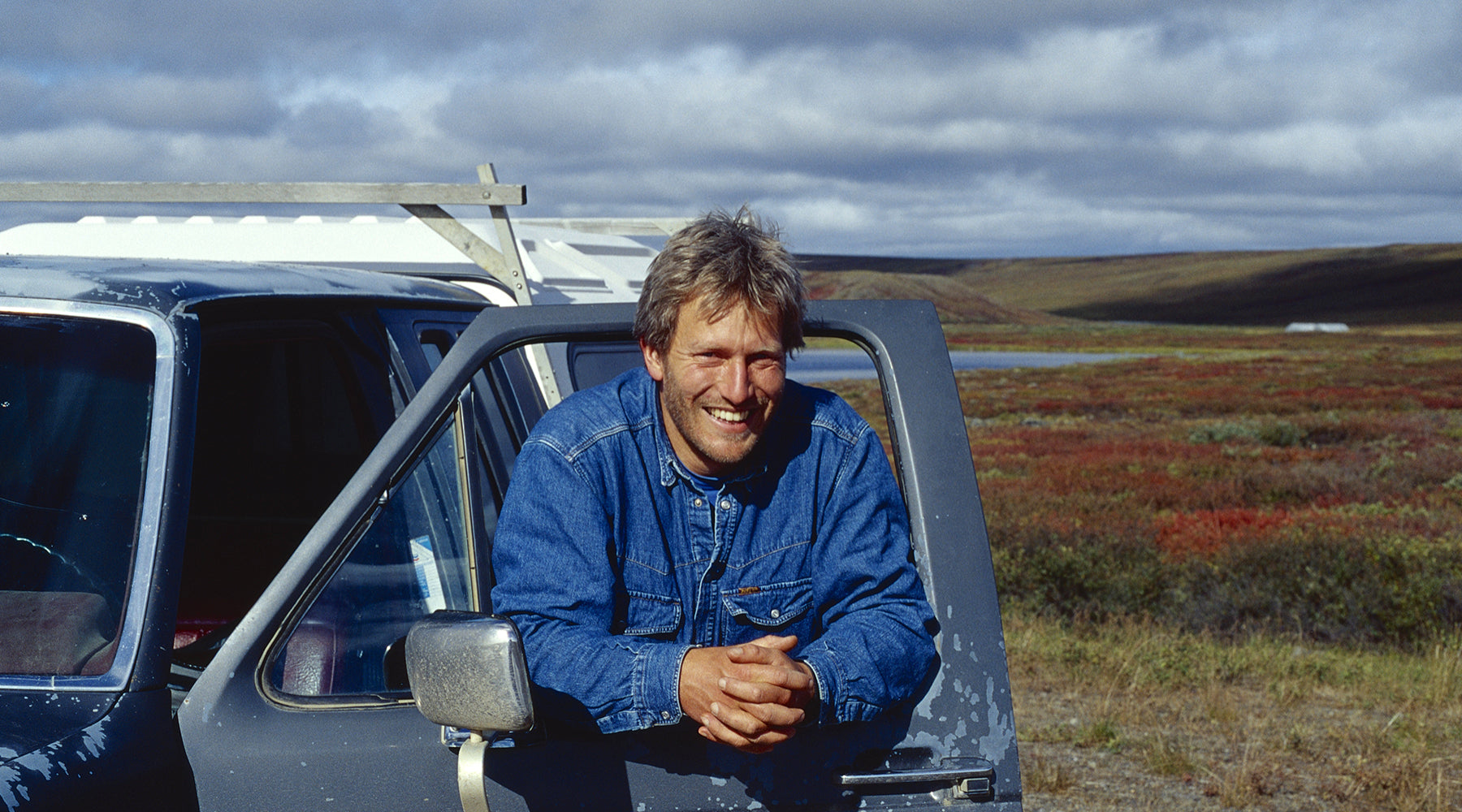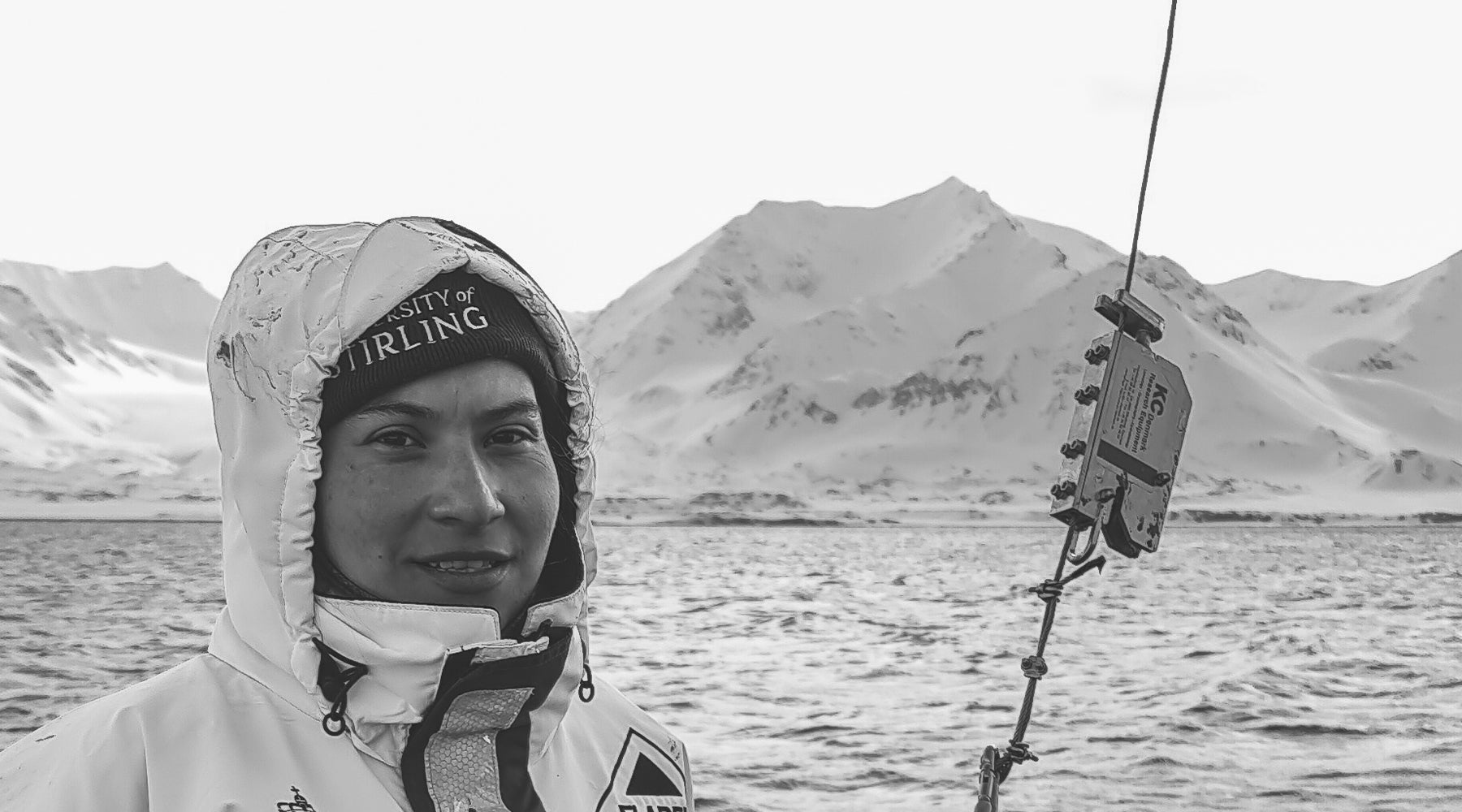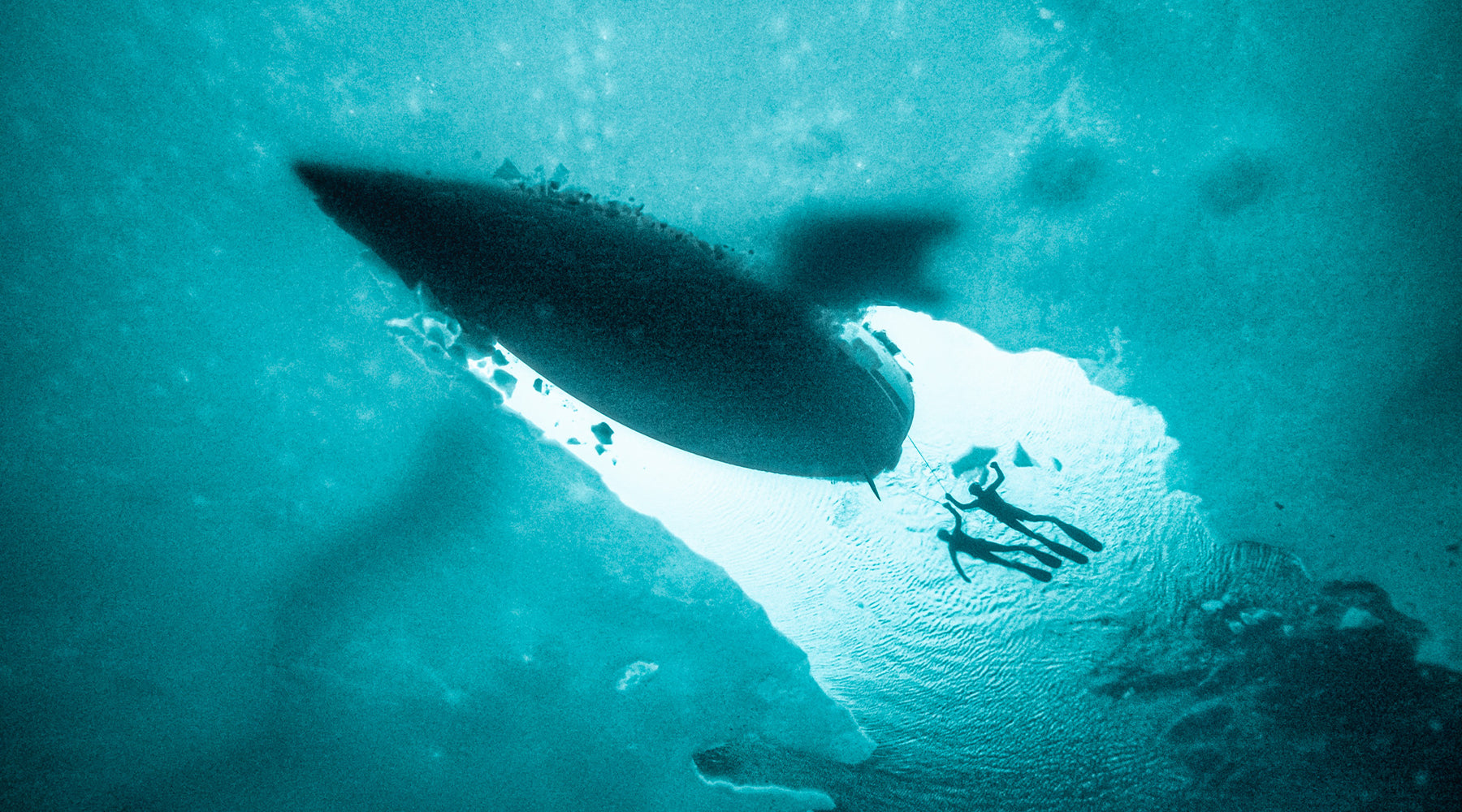
SHACKLETON MEDAL: Meet The Shortlist - Martin Sommerkorn
The shortlist for the Shackleton Medal for the Protection of the Polar Regions 2024 was announced on 24th April 2024, following an animated debate at the Royal Geographical Society, chaired by Sunday Times bestselling author Lewis Dartnell. In our latest journal series we meet each of the inspiring individuals from the shortlist. Here Head of Conservation for the WWF Arctic Programme, Martin Sommerkorn discusses the feeling of elation when the final gavel came down at the IPCC’s (Intergovernmental Panel on Climate Change) 51st plenary session where the text of the Summary for Policy Makers of the Special Report on the Ocean and Cryosphere in a Changing Climate was finally agreed.

‘For me, several times, the toughest challenges arose when I was on extended research missions in remote Arctic places and received news of events such as sudden illness or even loss of loved ones back home that required me to rethink my and my group’s agenda and plans for the summer.’ - Martin Sommerkorn
What was it that first captured your imagination about the polar regions?
I remember them clearly, those images of wide-open spaces, intact, awe-inspiring and often overwhelmingly rich nature. Of friendly people who have deep relationships with everything surrounding them. I packed my bags and travelled North. I experienced how the Arctic put man into his place and inspires those who visit to rethink our relationship with this planet. This imagination continues to give and makes me return.
What detail about your work most surprises people?
Based on my presentations of IPCC science many colleagues started to call me Dr Doom. Hearing about what we know happens and will likely happen to our polar regions and the planet is causing sadness and anxiety. People ask how I can live happily knowing and communicating these truths. They are surprised to hear that I am still an optimist. How could I otherwise do it? We must believe that change is possible. And we must take action to make it become reality.
What technological advance has proved a real game changer?
All human societies exist, and interact with and shape their environment through technologies, so this is a question that is difficult to answer. But what about this: when Nansen and Johansen were on the Arctic sea ice in 1895, with an Arctic winter in a makeshift shelter ahead of them and the need to reduce packed weight, they abandoned their sleeping bag, which was made from reindeer skin. Today, the last thing a polar traveller would leave behind with such daunting perspective is the sleeping bag. Or other purpose-designed protective apparel. Today we are able to experience and communicate about Arctic nature above and below water closely because technology allows us to be comfortable at the same time. Together with other technologies this brings more and more people to the Arctic, so a balance needs to be struck through rules and regulations as the human footprint in the region becomes a challenge to vulnerable Arctic nature.
What is the toughest challenge you have faced and how did you overcome it?
Being in the polar regions provided me with many tough challenges, but being prepared, resilient, smart- and definitely also lucky (I live to tell the tale)- worked to overcome these. Crossing the mouth of a Svalbard fjord in a kayak, which would have been a two-hour affair in normal conditions grew into nine hours of gritted-teeth paddling only to remain stationary against a strong and sudden wind, to prevent being blown out into the open ocean. But for me, several times, the toughest challenges arose when I was on extended research missions in remote Arctic places and received news of events such as sudden illness or even loss of loved ones back home that required me to rethink my and my group’s agenda and plans for the summer.
What should and what could I do? Maybe one needs to experience it to feel it, but being in the polar regions for long periods it is almost as if the complex rest of the world doesn’t exist and news from the outside is hard to reconcile – the simplicity of life here is absorbing. Forcing myself to consider my full identity and putting people in the centre of solutions always worked for me to overcome those challenges.

What has been the most rewarding moment for you in your work?
It all came to fruition for me in the early morning hours of a September day in 2019, in the main plenary hall of the congress centre in Monaco. After three days of word-by-word negotiations and very limited sleep, the IPCC’s (Intergovernmental Panel on Climate Change) 51st plenary session agreed on the text of the Summary for Policy Makers of the Special Report on the Ocean and Cryosphere in a Changing Climate.
I had spent more than two years of my working life to coordinate and lead the assessment of Arctic science to provide the best possible scientific basis for decision-making for our global climate and the future of our polar regions. I had co-chaired negotiations of one statement in the Summary for Policy Makers through the entire last night in order to secure a reference to the evidence for limiting global warming to 1.5 degrees. When the final gavel came down, we all rejoiced despite being terribly exhausted – we were certain that we had achieved something significant and had given it all we could.

What message would you give to people trying to do what you do?
Allow yourself to be excited and follow your heart and vision in your own way. Take the time to connect to a place and listen deeply to what it has to tell you. Have the courage to stick your head out and the diligence to be prepared for what may be thrown at you. Be nimble and use opportunities as they come along – there is more than one way to be happy with what you’re doing, and your optimism will be contagious.


